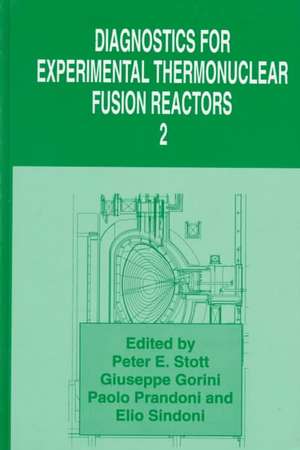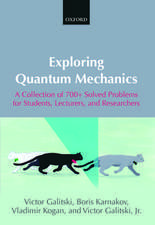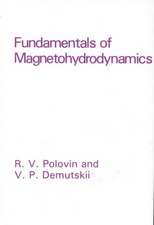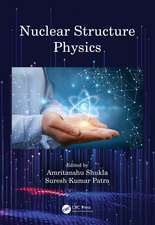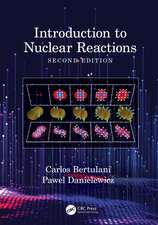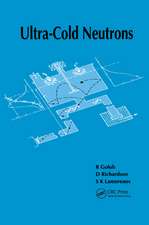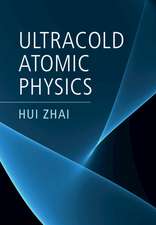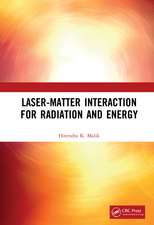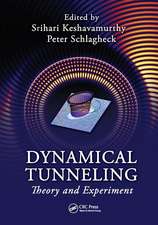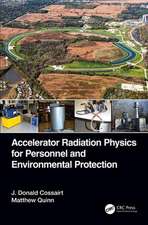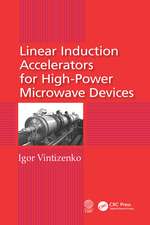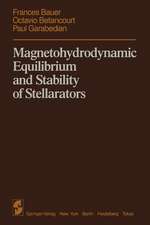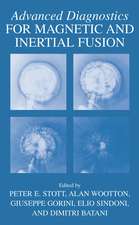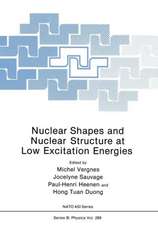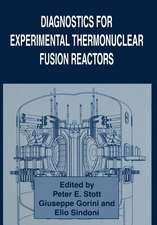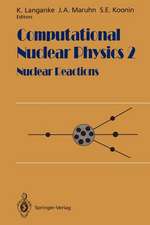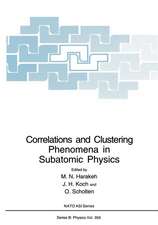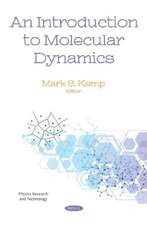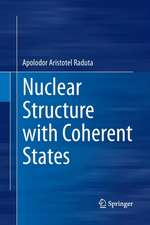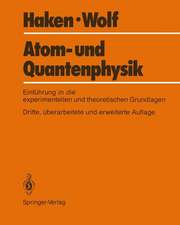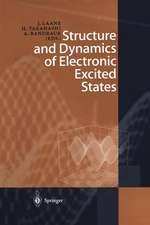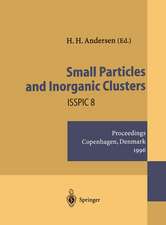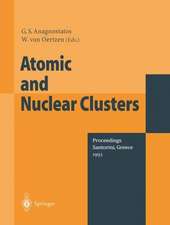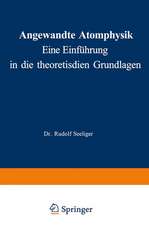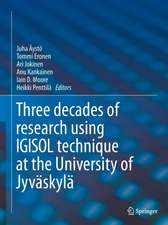Diagnostics for Experimental Thermonuclear Fusion Reactors 2
Editat de Peter E. Stott, Giuseppe Gorini, Paolo Prandonien Limba Engleză Hardback – 29 apr 1998
| Toate formatele și edițiile | Preț | Express |
|---|---|---|
| Paperback (1) | 1232.41 lei 6-8 săpt. | |
| Springer Us – 16 oct 2012 | 1232.41 lei 6-8 săpt. | |
| Hardback (1) | 1238.74 lei 6-8 săpt. | |
| Springer Us – 29 apr 1998 | 1238.74 lei 6-8 săpt. |
Preț: 1238.74 lei
Preț vechi: 1510.66 lei
-18% Nou
Puncte Express: 1858
Preț estimativ în valută:
237.11€ • 257.64$ • 199.30£
237.11€ • 257.64$ • 199.30£
Carte tipărită la comandă
Livrare economică 21 aprilie-05 mai
Preluare comenzi: 021 569.72.76
Specificații
ISBN-13: 9780306458354
ISBN-10: 0306458357
Pagini: 609
Ilustrații: XV, 609 p.
Dimensiuni: 155 x 235 x 33 mm
Greutate: 1.05 kg
Ediția:1998
Editura: Springer Us
Colecția Springer
Locul publicării:New York, NY, United States
ISBN-10: 0306458357
Pagini: 609
Ilustrații: XV, 609 p.
Dimensiuni: 155 x 235 x 33 mm
Greutate: 1.05 kg
Ediția:1998
Editura: Springer Us
Colecția Springer
Locul publicării:New York, NY, United States
Public țintă
ResearchDescriere
This book of proceedings collects the papers presented at the workshop on "Diagnostics for Experimental Fusion Reactors" held at Villa Monastero, Varenna (Italy) September 4-12, 1997. This workshop was the seventh organized by the International School of Plasma Physics "Piero Caldirola" on the topic of plasma diagnostics and the second devoted to the diagnostic studies for the International Thermonuclear Experimental Reactor (ITER). The proceedings of the first workshop on ITER diagnostics were published by Plenum Press in 1996 with the title "Diagnostics for Experimental Thermonuclear Fusion Reactors". While many of the ideas and studies reported in the first workshop remain valid, there has been sub stantial progress in the design and specification of many diagnostics for ITER. This moti vated a second workshop on this topic and the publication of a new book of proceedings. ITER is a joint venture between Europe, Japan, Russia and USA in the field of con trolled thermonuclear fusion research. The present aim of ITER is to design an experimental fusion reactor that can demonstrate ignition and sustained burn in a magnetically confined plasma. To achieve this goal, a wide range of plasma parameters will have to be measured reliably. It is also anticipated that diagnostics will be used much more extensively as input to control systems on ITER than on present fusion devices and this will require increased relia bility and long-term stability.
Cuprins
The ITER Proje:t. ITER Physics Basis, Machine Design and Diagnostic Integration; G. Janeschitz, et al. Reflectometry and ECE: Overview of the ITER Reflectometry Diagnostic Systems; G. Vayakis, et al. Interferometry, Polarimetry and Thomson Scattering: Baseline Design of a Multi-Channel Interferometer and Polarimeter System for Density Measurements on ITER; T.N. Carlstrom, et al. Radiation Effects: Radiation Problems and Testing of ITER Diagnostic Components; E.R. Hodgson. Pasive Spectroscopy and NPA: XUV and VUV Spectroscopy of ITER; N.C. Hawkes, et al. Active Spectroscopy: Prospects for Core Helium Density and Related Measurements on ITER using Active Charge Exchange; D.M. Thomas, et al. Bolometry: Progress of the Reference Design for ITER Bolometers and Development of a High Performance Alternative; R. Reichle, et al. Fusion Products: Overview of Fusion Product Diagnostics for ITEr; L.C. Johnson, et al. Other Diagnostics: Magnetic Diagnostic for ITER; L. de Kock, et al. Diagnostics of Other Fusion Experiments: The Use of X-Ray Diagnostics in Plasma Control; A.W. Edwards, et al. 65 Additional Articles. Index.
